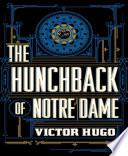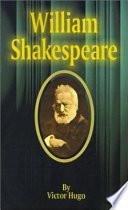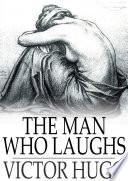Preface to Cromwell (1827) http://www.bartleby.com/39/41.html
Context: Behold, then, a new religion, a new society; upon this twofold foundation there must inevitably spring up a new poetry. Previously following therein the course pursued by the ancient polytheism and philosophy, the purely epic muse of the ancients had studied nature in only a single aspect, casting aside without pity almost everything in art which, in the world subjected to its imitation, had not relation to a certain type of beauty. A type which was magnificent at first, but, as always happens with everything systematic, became in later times false, trivial and conventional. Christianity leads poetry to the truth. Like it, the modern muse will see things in a higher and broader light. It will realize that everything in creation is not humanly beautiful, that the ugly exists beside the beautiful, the unshapely beside the graceful, the grotesque on the reverse of the sublime, evil with good, darkness with light. It will ask itself if the narrow and relative sense of the artist should prevail over the infinite, absolute sense of the Creator; if it is for man to correct God; if a mutilated nature will be the more beautiful for the mutilation; if art has the right to duplicate, so to speak, man, life, creation; if things will progress better when their muscles and their vigour have been taken from them; if, in short, to be incomplete is the best way to be harmonious. Then it is that, with its eyes fixed upon events that are both laughable and redoubtable, and under the influence of that spirit of Christian melancholy and philosophical criticism which we described a moment ago, poetry will take a great step, a decisive step, a step which, like the upheaval of an earthquake, will change the whole face of the intellectual world. It will set about doing as nature does, mingling in its creations — but without confounding them — darkness and light, the grotesque and the sublime; in other words, the body and the soul, the beast and the intellect; for the starting-point of religion is always the starting-point of poetry. All things are connected.
Thus, then, we see a principle unknown to the ancients, a new type, introduced in poetry; and as an additional element in anything modifies the whole of the thing, a new form of the art is developed. This type is the grotesque; its new form is comedy.






